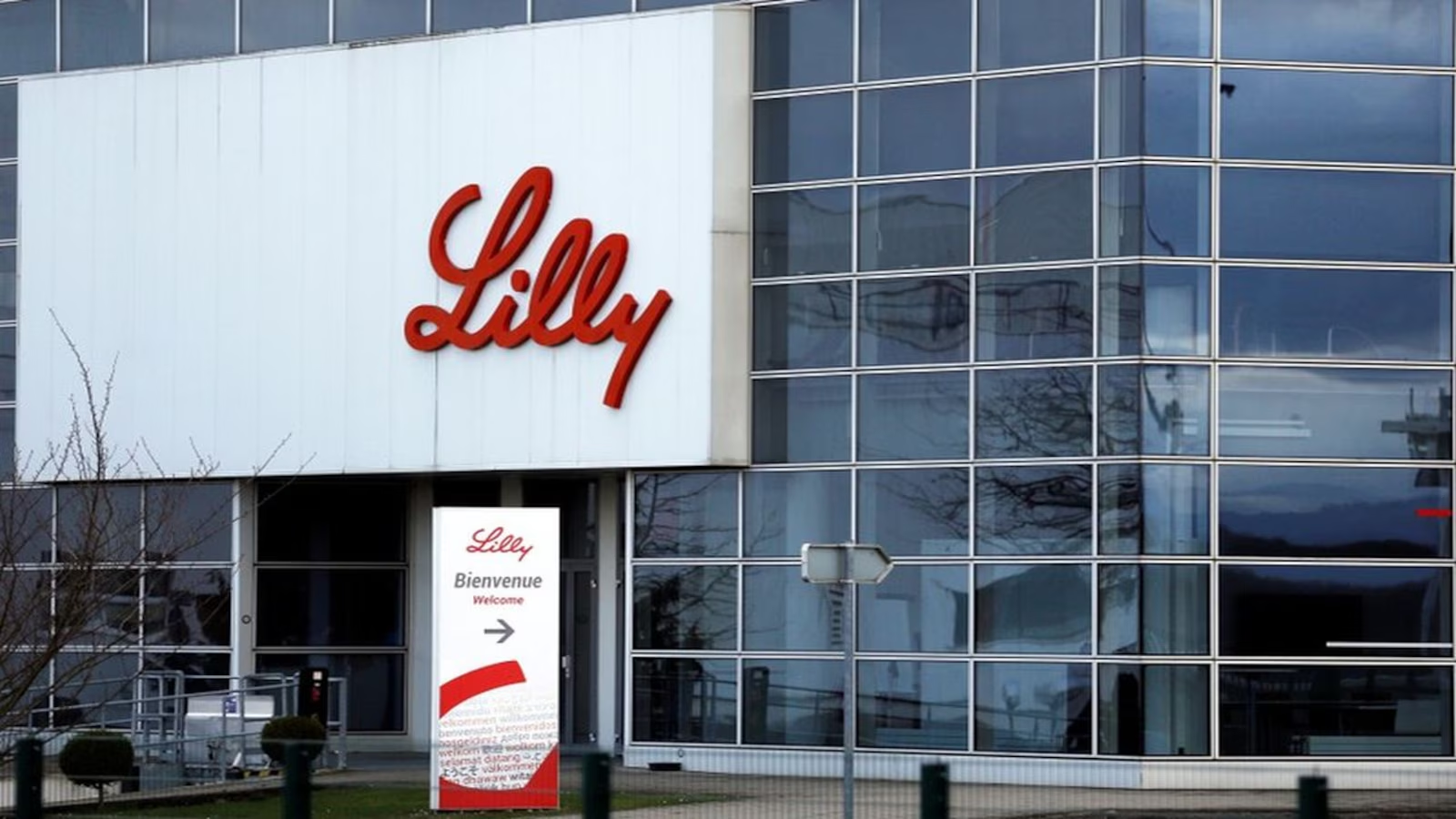- Pharma Industry
- 1 min read
Lilly partners with OpenAI to develop medicines for drug-resistant bacteria
Public health authorities such as the World Health Organization and industry experts have raised concerns over the thin pipeline of new treatments to tackle antibiotic-resistant bacteria, which they say is not enough to combat the so-called superbugs.
WHY IT'S IMPORTANT
Public health authorities such as the World Health Organization and industry experts have raised concerns over the thin pipeline of new treatments to tackle antibiotic-resistant bacteria, which they say is not enough to combat the so-called superbugs.
Antimicrobial resistance occurs when bacteria, viruses, fungi and parasites change over time and no longer respond to medicines, making infections harder to treat and increasing the risk of disease spread, severe illness and death.
In the U.S. more than 2.8 million antimicrobial-resistant infections occur each year.
CONTEXT
The partnership supports Lilly's earlier commitment, which started in 2020 when it pledged $100 million to the AMR Action Fund.
The fund was launched to help struggling antibiotic makers tackle the threat of antibiotic-resistant bacteria.
BY THE NUMBERS
AMR Action is a $1 billion fund that aims to bring 2 to 4 new antibiotics to patients by 2030.
(Reporting by Christy Santhosh in Bengaluru; Editing by Shounak Dasgupta)



COMMENTS
All Comments
By commenting, you agree to the Prohibited Content Policy
PostBy commenting, you agree to the Prohibited Content Policy
PostFind this Comment Offensive?
Choose your reason below and click on the submit button. This will alert our moderators to take actions